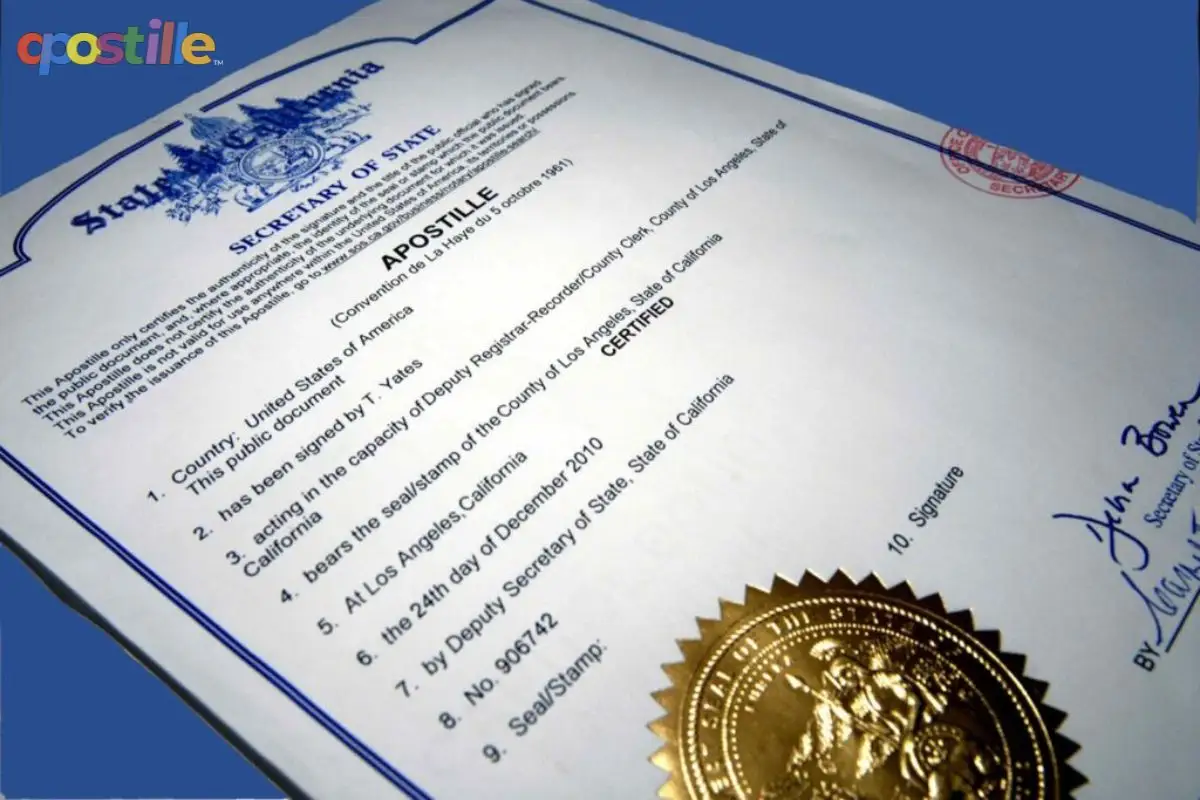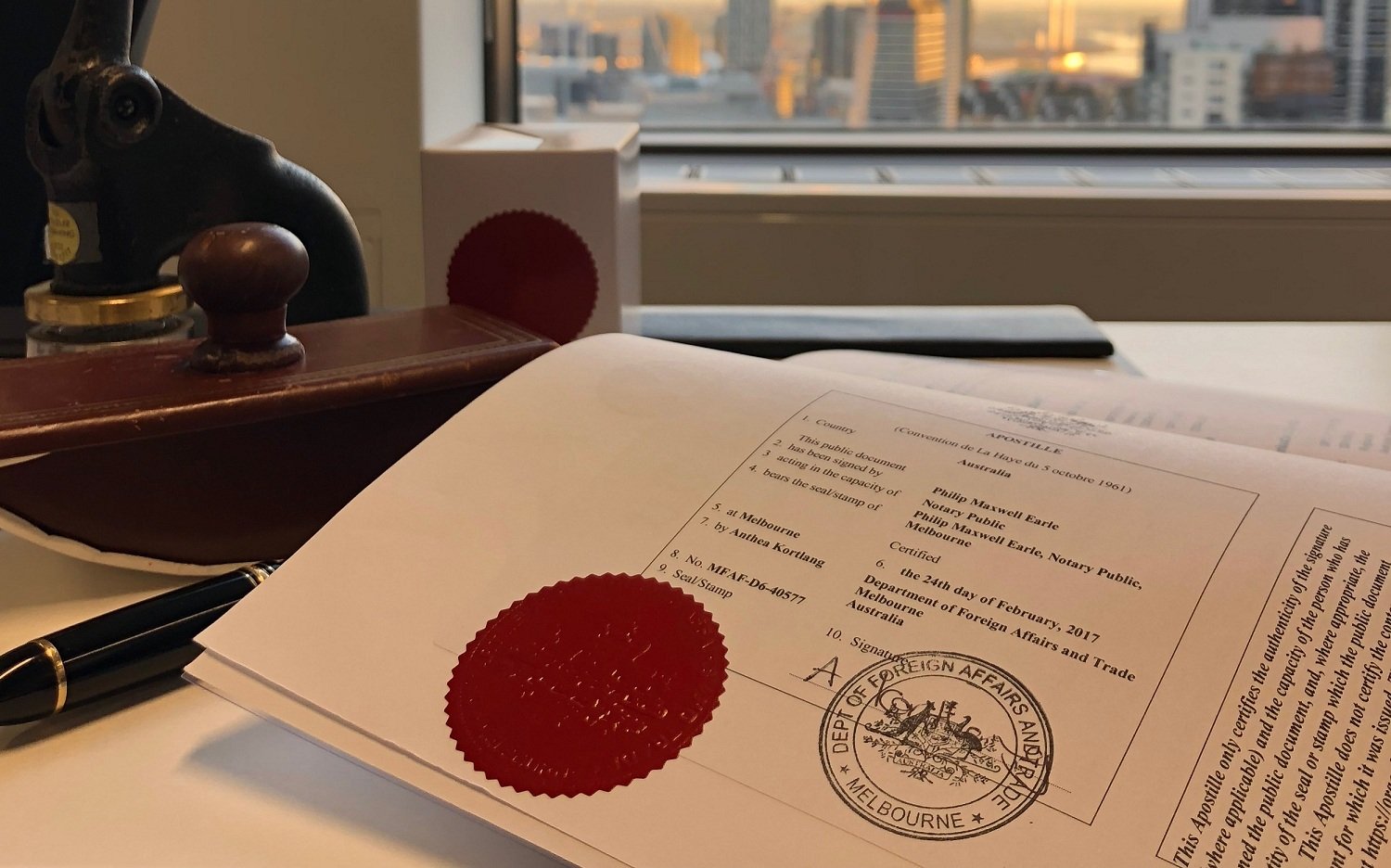Structured Apostille Process in Houston TX
Structured Apostille Process in Houston TX
Blog Article
Looking Into the Reasons Behind the Required Requirement of Apostille Certification for Legal Papers
In the world of legal paperwork, the necessary demand of apostille certification has actually come to be an important element that substantially impacts the credibility and acknowledgment of legal documents on a global scale. Recognizing the reasoning behind this necessity involves diving right into the elaborate web of legal complexities, historic precedents, and international arrangements that emphasize the importance of apostille certification in today's interconnected world. By discovering the underlying factors behind this extensive demand, a clearer image emerges of why this relatively governmental procedure holds such immense significance for organizations, people, and governments alike.
Historic Advancement of Apostille Qualification
How did the principle of apostille certification advance with time to end up being an important part of international file recognition? The historical evolution of apostille qualification days back to the very early 20th century. The need for a simplified method of verifying documents for usage throughout boundaries became obvious as worldwide profession and traveling raised. In feedback to this need, the Hague Conference on Exclusive International Regulation presented the Apostille Convention in 1961. This global treaty developed a streamlined process for accrediting the authenticity of papers to be acknowledged in participant nations.
Initially adopted by a few European countries, the Apostille Convention gradually acquired worldwide approval because of its performance and performance in verifying the legitimacy of main documents. Throughout the years, the convention's reach increased as more nations signed up with, recognizing the apostille as a generally accepted type of file authentication. Today, apostille qualification has actually ended up being a conventional demand for validating legal papers in global transactions, making certain smooth communication and lawful proceedings between nations.
Simplifying International File Legalisation
The streamlining of international document legalization procedures has significantly boosted performance in cross-border transactions. Streamlining the procedure of legislating files for international use has actually come to be important in helping with swift and smooth deals in between nations. Among the vital systems that have actually added to this simplification is the fostering of the Apostille Convention, which offers a standard method for confirming the authenticity of papers across participating nations.
By sticking to the Apostille requirements, countries consent to recognize each other's public records as valid without the demand for additional legalisation. This eliminates the commonly troublesome and extensive procedure of multiple verifications by various authorities, conserving time and resources for services and people participated in worldwide activities.

Ensuring Record Credibility and Credibility
To guarantee the credibility and legitimacy of legal houston apostille papers in worldwide transactions, strict confirmation procedures are necessary. By needing apostille qualification for lawful papers, authorities intend to authenticate the beginning of documents and validate the trademarks of people included.
In addition, confirming the credibility of legal records via apostille qualification enhances count on and confidence amongst celebrations involving in international transactions. Inevitably, by upholding rigorous confirmation standards, apostille certification adds to a more safe and clear global lawful structure.

Helping With Cross-Border Legal Recognition
In the realm of international transactions, the apostille certification not only guarantees the credibility and validity of lawful files but likewise plays a crucial function in assisting in cross-border legal acknowledgment (Houston Apostille). When lawful papers bear an apostille certificate, they are readily accepted by foreign authorities without the requirement for additional confirmation. This streamlined process expedites the recognition of files in different nations, advertising performance and minimizing administrative hurdles in lawful matters that transcend nationwide limits
Facilitating cross-border lawful recognition with apostille qualification fosters depend on and self-confidence in the credibility of files exchanged in between countries. This acknowledgment is particularly important in circumstances such as international organization deals, fostering procedures, or legal process involving celebrations from different jurisdictions. By sticking to the criteria established forth by the Apostille Convention, countries consent to recognize the apostille seals fastened to documents from other member nations, therefore streamlining the process of lawful acknowledgment throughout borders. Eventually, the apostille qualification works as a basic device in promoting smooth worldwide legal cooperation and making sure the smooth operation of cross-border purchases.
Conformity With International Treaty Criteria
Conformity with international treaty criteria is imperative for making certain the find out here uniform application of legal policies throughout getting involved countries. The Apostille Convention, developed in 1961, outlines the needs for the approval of public records amongst member nations. By adhering to the standards established forth in this treaty, countries dedicate to identifying the credibility of each other's authorities files without the need for additional authentication - Houston Apostille. This mutual approval enhances the process of cross-border document acknowledgment, advertising effectiveness and lowering bureaucratic difficulties.
The Apostille qualification, as mandated by the treaty, offers as an assurance of credibility for papers such as birth certifications, marital relationship licenses, court judgments, and notarized acts. This standard approach assists protect against scams and makes sure that legal documents stemming from one member country are conveniently accepted in an additional. Moreover, by abiding by global treaty standards, countries show their commitment to supporting the principles of openness, trust, and participation in legal issues on a worldwide range.
Verdict

In the realm of lawful paperwork, the obligatory demand of apostille qualification has become an essential element that considerably impacts the legitimacy and acknowledgment of legal papers on a worldwide range. Today, click now apostille certification has actually come to be a typical demand for validating legal documents in worldwide deals, making sure smooth communication and legal proceedings between nations.
Moreover, confirming the credibility of legal records with apostille accreditation boosts trust fund and self-confidence amongst parties involving in global purchases.In the realm of worldwide transactions, the apostille accreditation not just makes certain the credibility and validity of legal files yet also plays a pivotal function in promoting cross-border lawful recognition. By sticking to the standards set forth by the Apostille Convention, countries agree to honor the apostille seals affixed to records from various other participant countries, thus streamlining the process of legal acknowledgment across borders.
Report this page